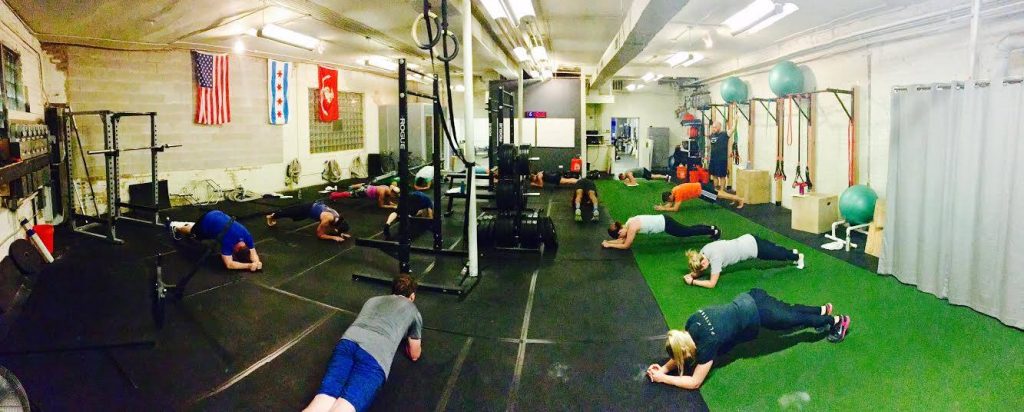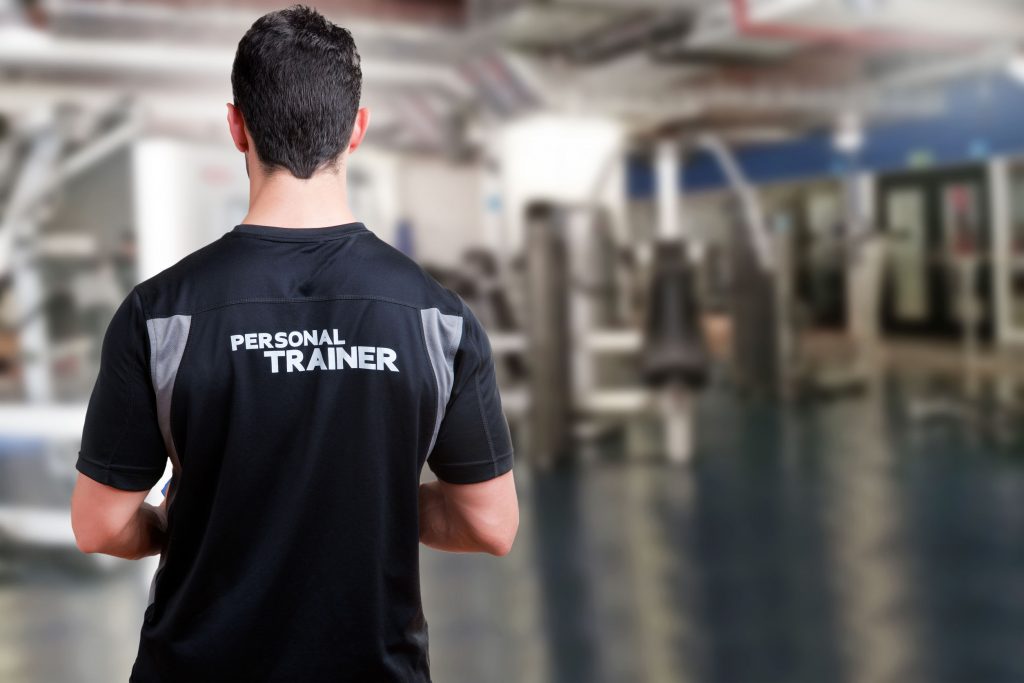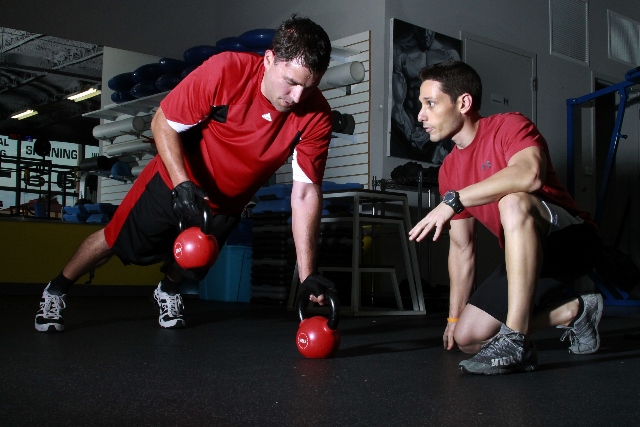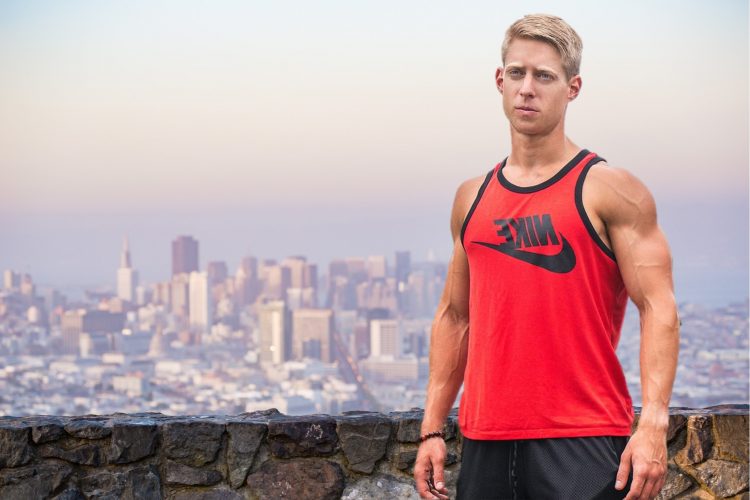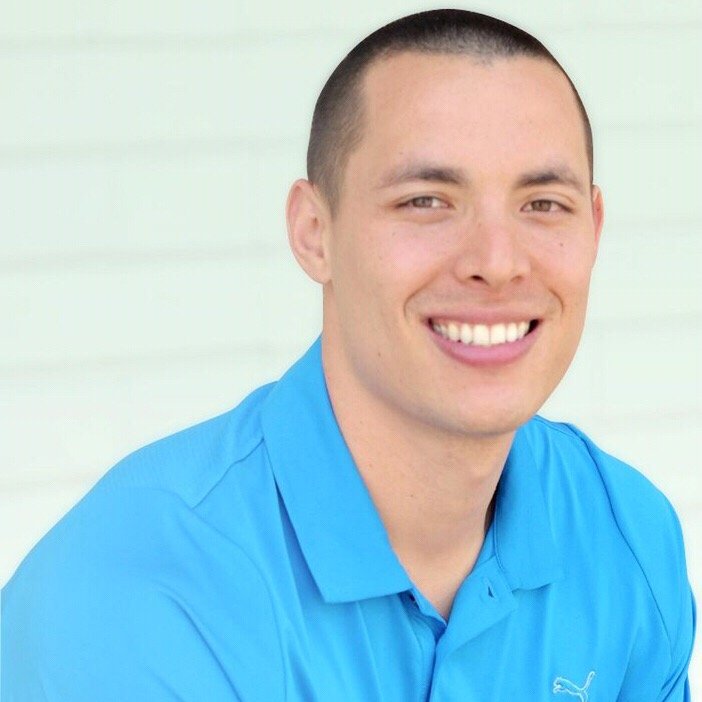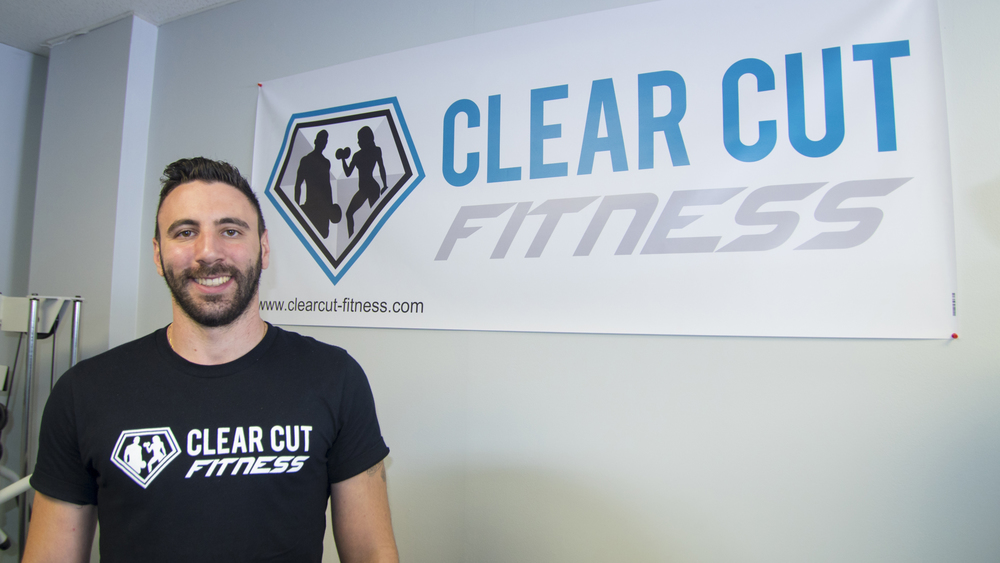A few weeks ago I asked for a little insight on what you, my loyal readers, would like to see me write more about.
Oddly, “How adorable your cat is” didn’t make the cut.
What was a popular answer, almost resoundingly so, was for me to go into a little more detail on the business side of the fitness industry. Specifically, gym ownership. Even more specifically, to reflect and pontificate on what that means to me, and to offer any sage advice to those considering traveling down that path.
Read on…

3 Questions To Ask Before You Do Something Stupid Open a Gym
1. What The Fuck Are You Doing?
Are you sure you want to do this?
I’ve come to realize there’s one of two tangibles that serve as the impetus for someone wanting to open their own gym:
- They’re passionate about fitness.
- They want to stick it to the man.
To Point #1 (passion).
I’m passionate about a lot of things too: Health, fitness, & helping people (obviously), techno, cheese, and movies.1
You have to be careful with passion.
It makes us do dumb things and make irrational decisions.
This is why I’ve yet to open up Tony’s Techno Palace of Gruyere and Sick Hip-Hop Beats.
Following one’s passion, while commendable, can be a tricky situation. Before you know it you’ve opened up a 10,000 sq. ft facility with all the bells and whistles, yet have zero idea on where or how you’re going to get clients.
Rent’s still due at the end of the month by the way.
More to the point, and this is something I’ve hit on before, I think there’s this idea (or even stigma) that the only way you can become relevant or give off the guise that you’ve “made it” in this industry is to own a gym.
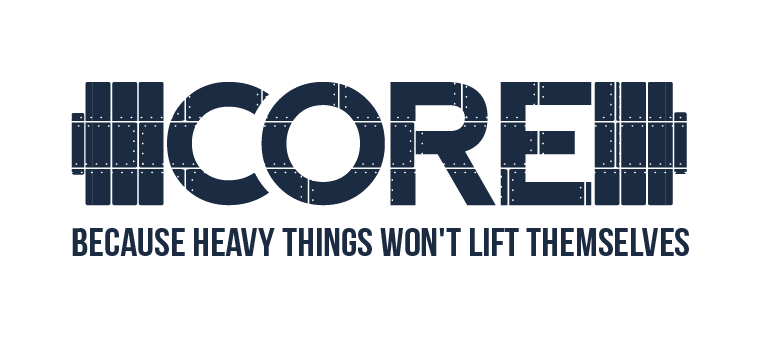
Many trainers/coaches put this unnecessary pressure on him or herself to be a gym owner despite 1) not really having the desire (not to mention career capital, experience, or skill-set) to do so and/or 2) because it seems like the natural career progression to take.
NEWSLFLASH: You don’t have to do shit.2
You don’t have to be a gym owner to be successful in this industry. There are innumerable fitness professionals out there who work in commercial, boutique, box, or studio gyms who do very well for themselves.
As far as “progressing” one’s career (which, let’s be honest, means: “how can I make more money?”) I’d suggest the more pertinent question people should ask isn’t so much “Hey, should I open a gym?”
…but rather…
“Hey, what can I do to incur additional revenue streams so that I don’t have to be coaching on a gym floor 40-50 hours per week?“
That’s a deeper discussion for another time (especially when we consider how COVID-19 affected everything within the health/fitness industry), but suffice it to say this is where things like online coaching, writing, consulting, producing educational products, affiliate marketing, private coaching groups, and public speaking come into the picture.
Not ironically, all of the above are typically only fruitful when someone has spent years working in a commercial gym setting and harvesting much-needed experience.
To Point #2 (sticking it to the man)
This is also called the “my boss sucks so I’m going to open up a gym” argument.
I get it, I really do.
I spent the first five years of my career working in various corporate and commercial gyms and I’d be lying if I said I never got frustrated.
- Why do I have to work so many floor hours?
- Why are they taking a larger percentage of my sessions?
- How come they won’t let me train people with my shirt off?
- (tosses chair through a window) THIS PLACE IS A PRISON!
Stop being a child.
Read THIS post by Pete Dupuis.
2. How Are You Going to Open a Gym?
Is this a self-funded endeavor? Partners? Investors? You found a magic lamp?
When we opened up Cressey Sports Performance back in 2007, Eric Cressey, Pete Dupuis, and myself did things the old fashioned way: we cut each other’s hands with a razor blade and shook on it.
Okay, not really.
But we did sit down and discuss what each of our respective roles were going to be and also made it clear who owned what percentage of what.
We were a little different than most gym start-ups in that Eric more or less funded the entire thing out of his own pocket and we already had a set client roster primed and ready to go between the two of us.
Not many gym owners have that luxury.
NOTE: We were able to do that because 1) Eric had been saving money since he was seven months old and 2) We made it a point to START SMALL with a very bare-bones approach.
The initial CSP was 2200 sq. feet located in the corner of an indoor batting facility.

And while we had several people offer to invest at the start, as a group we wanted to avoid that at all costs.
We didn’t want to be held accountable to anyone else but ourselves. Too, we just wanted to avoid weird situations.
With investors you run the risk of too many demands/opinions being thrown into the pot – “When will we start hitting “x” numbers?” or “Why don’t we buy this $5000 leg press?” or “What do ya’ll think of adding in BOSU ball Light Saber battles as part of the warm-up?”
We wanted our gym to be ours.
The rule of thumb is this: If you don’t have a minimum of 6-months of operating costs set aside – to cover rent, utilities, insurance, any CAM fees, etc – than you shouldn’t consider opening a gym.
But if you do, do yourself a huge favor and email Pat Rigsby.
Which serves as a nice segue to…..
3. Is What I Did An Option?
To speak candidly, I never wanted to own a gym. Sure, I was (and still am) considered a co-founder of Cressey Sports Performance, but I’ll be the first to admit I wanted nothing to do with the business side of the equation.
All I wanted to do was show-up, coach my tail off, and do my best to serve as an ambassador to the brand.
I let Pete and Eric worry about the TPS reports.
When I decided to leave CSP in the Fall of 2015 it wasn’t to open my own place.
An opportunity arose where I could sub-lease at a location that was really close to my apartment.
In short, I paid an hourly rent in order to have “access” to a space to train clients. It was a perfect fit for me. There was no overhead on my end and since I already had a bunch of people lined up and ready to train with me in Boston the risk was pretty low.
(Also, the 1-mile commute as opposed to a 45 minute drive both ways didn’t suck).
Fast forward several months and the person whom I was sub-leasing under informed me she wasn’t renewing her lease and asked if I’d be interested in taking it over?
After unclenching my sphincter I put pen to paper and crunched the numbers. I came to the conclusion that if I had even one person sub-leasing under me paying me rent, that it would be a cheaper alternative on a month-to-month basis compared to what I had been doing.
I was in.
CORE was born.
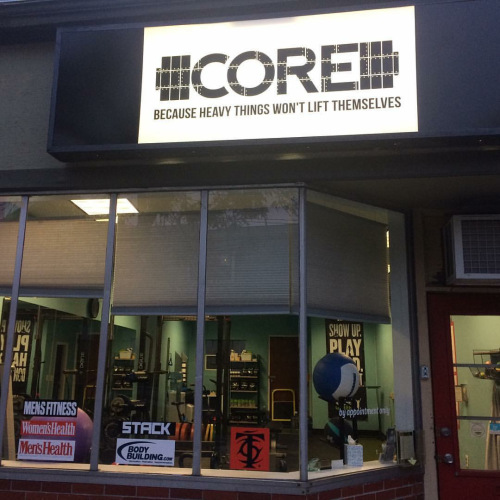
Part of what helped settle my fears was that I knew what I didn’t want CORE to be. I had zero aspirations (and I still don’t) of building anything close to the pedigree of Cressey Sports Performance.
To be honest, I don’t think I have it in me – either in skill-set, acumen, or talent.
All I want (and need) is a small space to coach clients ~20 hours per week. This still allows me the ability to write, travel (when it’s allowed), and spend time with my family.
Sub-leasing is a great fit for me and I believe it’s an option more and more gym owners are considering, particularly in a COVID world.
I currently have three coaches sub-leasing under me at CORE. They’re not employees and I am not in charge of their schedule nor setting their price points.
All I do is provide a well-equipped, clean space that they can utilize and build their own businesses.
And (hopefully) thrive.
It’s a small space – 550 sq. feet – so only one coach can utilize the space at a given time. There’s a shared calendar and if someone blocks off the time, the studio is their’s to use. I’ve been using this system for just over five years and it’s worked splendidly.
If you’re someone who’s more hands-on and prefers the challenge of building a business, it’s likely not going to be a satisfying approach. However, if you’re someone like me and want something a little more low-key and are also looking for ways to offset your overhead, this option may be a home-run.
HOWEVER: As it happens I am now looking to scale the business into a larger footprint and turn CORE into CORE Collective…
…an all-in-one health/wellness location that not only provides top-notch personal training where a team of coaches can share and utilize the space, but also physical therapy, massage, nutrition counseling, and psychotherapy to boot.
Who knows, maybe I’ll also host Laser Tag tournaments on the weekends.
Which brings me to Point #1 above.
What the fuck am I doing?…..haha.
That’s That
I hope this was helpful?



